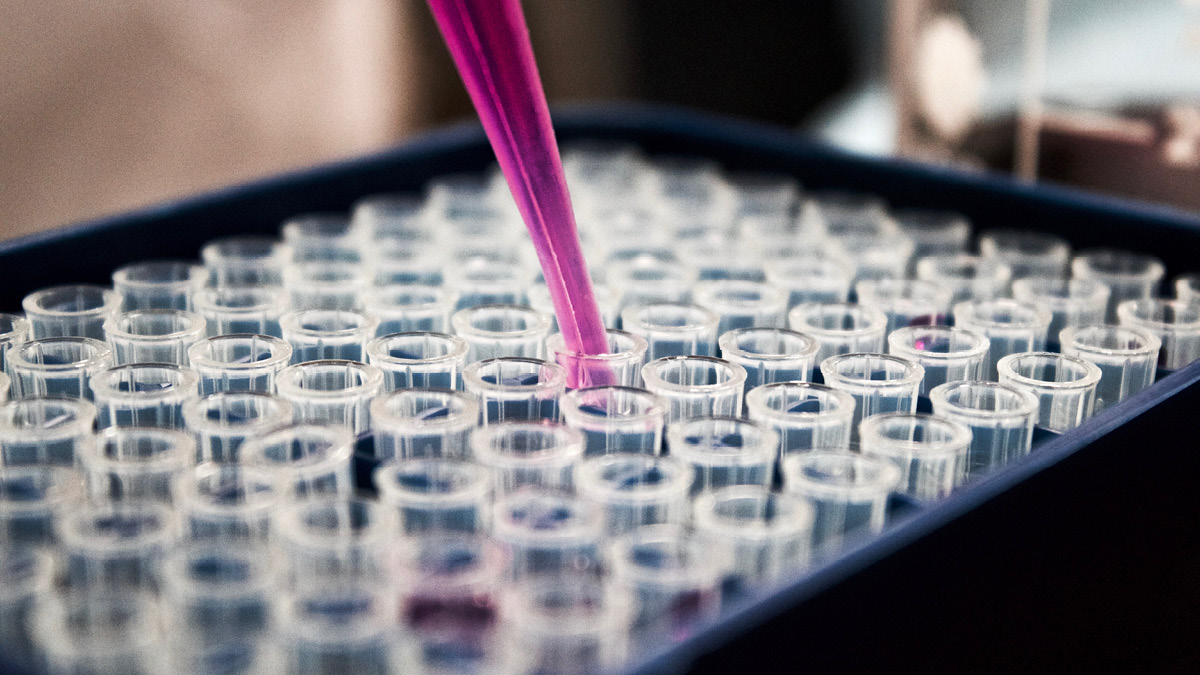Published:

Published originally on November 30, 2023, by Gordon Stribling for Health Tech World.
The interview sheds light on the alarming amount of waste generated by disposable diagnostic devices and proposes solutions to address this growing concern.
Overview:
Professor Kersaudy-Kerhoas emphasises the environmental impact of single-use, plastic, disposable devices in the field of point-of-care (PoC) testing. With millions of cartridges produced annually for various diseases, the accumulated plastic waste is a significant challenge, especially in low and middle-income countries. The interview explores the overlooked issues of electrical waste, chemical waste, and the lack of sustainability considerations in the design and disposal of diagnostic devices.
The interview discusses Professor Kersaudy-Kerhoas's efforts to find alternatives, including the development of paper microfluidics as a more environmentally friendly solution. However, challenges in mass production and the need for investment from government and funders are highlighted.
A key point of discussion is the call for the World Health Organization (WHO) to set limits on waste from disposable diagnostics through the incorporation of environmental sustainability criteria into the Target Product Profiles (TPPs). Currently, less than 25% of TPPs provide information on the environmental impact of devices.
Professor Kersaudy-Kerhoas emphasises the need for collaboration with manufacturers and organisations, citing ongoing partnerships with a Dutch startup exploring bio-derived plastics. The interview also touches on the economic, regulatory, and human behavior aspects that must be considered in transitioning to more sustainable alternatives.
Looking ahead, Professor Kersaudy-Kerhoas shares exciting developments, including a collaboration with Great Central Plastics in Manchester to produce lateral flow assay cartridges using various bio plastics, including GUM-TEC—plastic made from recycled chewing gum. The research aims to spark a debate on material choices and explore innovative solutions to the sustainability challenge in diagnostic testing.
For those interested in collaborating with the Global Research Institute in Health and Care Technologies at Heriot-Watt University, contact GRID@hw.ac.uk